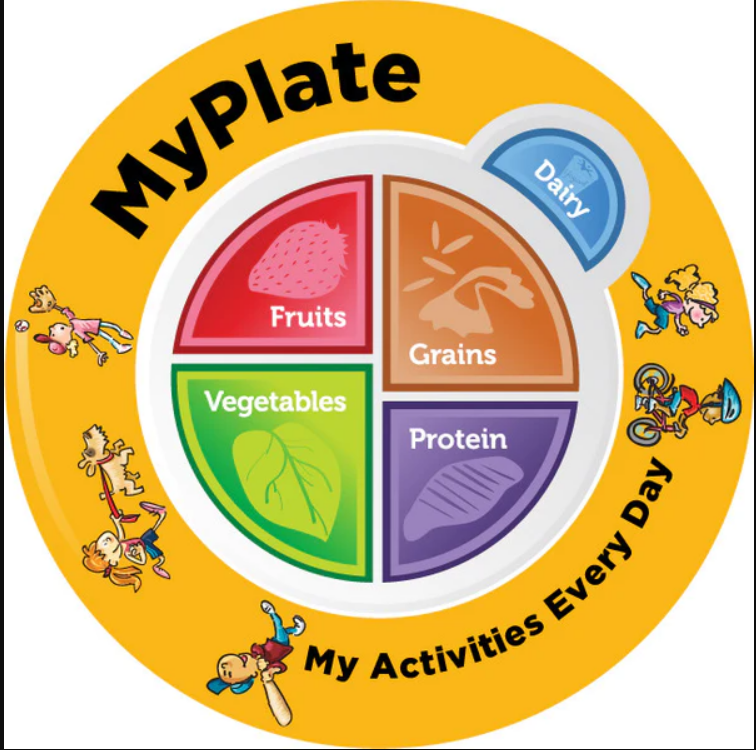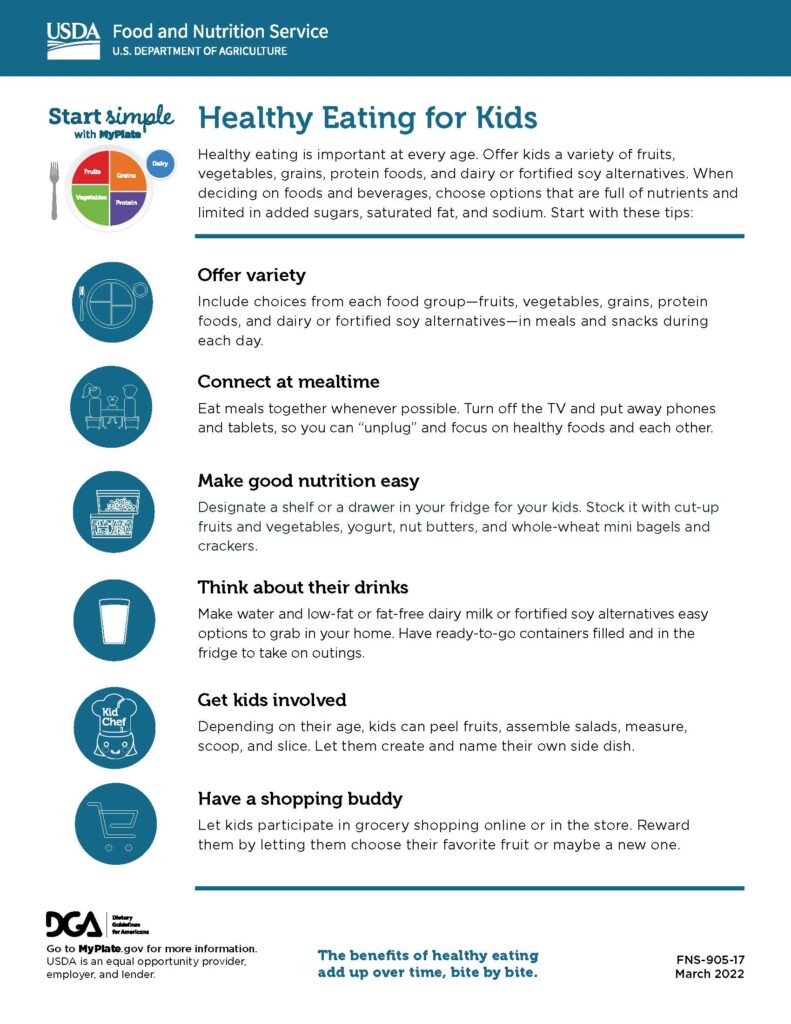Issue: December 2023
Balance
Being a parent is hard work. We know that balancing everything life has to offer can be a challenge. As such we decided to do a series on Balance. Here you will be able to find tips to help you balance life a little better. We would love to hear how these tools and tips are working for you once you have implemented them (info@2motherhens.com).
Welcome to the fourth installment of the BALANCE series:
Children’s Nutrition and Diet
As a recap, these were the topics we touched upon in the last issue:
- Choose Action Over Talking
- Change in Routine
- Prevention of Tantrums and Unwanted Behaviors
- Empathy
**Consistency is one of the most important aspects of effective parenting**
The Food-Mood Connection
Nutrition plays a key role in promoting overall mental health, particularly for developing children. Studies show that nutrition affects brain development and mental well-being of children more than adults. Children who eat more nutritional diets, with more fruits and vegetables, have better mental health and well-being, which can directly impact anxiety levels, sleep patterns, and more. The food we eat affects how we feel in our bodies and minds.
Nourishing foods give our children’s bodies the energy they need throughout the day to do the things that matter: learn, play, grow, and connect. A healthy diet supports gut health, which plays a role in brain function and emotional regulation. Good eating habits also support overall physical health. When we feel good physically, we are more apt to feel good mentally.
Nutrients such as folate, vitamin B6, and choline are necessary to synthesize certain brain chemicals, called neurotransmitters, that regulate mood and memory. An imbalance of neurotransmitters is often associated with mood-related conditions like anxiety and depression. Children who lack the necessary nutrients and balanced diets are more likely to experience behavior problems, struggle in school, and have difficulty keeping up in the workplace as adults. While these challenges are multifaceted, feeding your child a balanced diet may help.
There are also certain nutrients that are necessary for healthy brain development. These nutrients include:
- Protein: Protein can be found in meat, poultry, seafood, beans and peas, eggs, soy products, nuts and seeds, as well as dairy.
- Zinc: The food that has the most zinc, interestingly, is oysters — but it’s also found in many meats, fish, dairy products, and nuts.
- Iron: Meats, beans and lentils, fortified cereals and breads, dark leafy vegetables, and baked potatoes are among the best sources of iron.
- Choline: Meat, dairy, and eggs have lots of choline, but so do many vegetables and other foods.
- Folate: This nutrient, which is especially important for pregnant mothers, can be found in liver, spinach, fortified cereals and breads, as well as other foods.
- Iodine: Seaweed is a great source of iodine, but we also get it from iodized salt, seafood, dairy products, and enriched grains.
- Vitamin A: Along with liver, carrots, sweet potato, and spinach are good sources of this vitamin.
- Vitamin D: This is the “sunshine vitamin,” and the best way to get it is to get outside. The flesh of fatty fishes such as salmon have it, as does fish liver oil, and products fortified with it, such as fortified milk.
- Vitamin B6: The best sources of vitamin B6 are liver and other organ meats, fish, potatoes and other starchy vegetables, and fruit (not citrus).
- Vitamin B12: Vitamin B12 is naturally found in animal products, such as meat, fish, eggs, and dairy.
- Long-chain Polyunsaturated Fatty Acids: An example is omega-3 fatty acids. These are most easily found in fatty fish and fish oils but can be found in some other oils, and many foods are also fortified with them.
(Derived from https://www.health.harvard.edu/blog/brain-food-children-nutrition-2018012313168)
That’s not the only way food can impact your child’s emotional health: A diet lacking essential nutrients can also alter the way the body burns fat, carbohydrates, and calories, which can lead to them becoming overweight or obese. Staying at an unnatural weight can increase a child’s odds of developing chronic diseases, such as type 2 diabetes and heart disease later in life. It also takes an emotional toll as children who are overweight are more likely to experience bullying and depression.
Important Tips About the Food We Eat
In addition to healthy eating, sleep, exercise, and limits on screen time are also powerful ways to support children’s emotional health. Try to balance all these protective factors as much as you can.
A healthy mind and a healthy body go hand in hand. Encouraging nutritious choices and a healthy lifestyle promotes good mental health and helps decrease the risk of mental illness for you and your family. Consider implementing the following routines around the dinner table to improve your child’s mental fitness.
- Connect at mealtimes:
- Eating dinner together as a family at least three nights a week is a powerful protective factor for preventing mental illness in children. It is a special time to connect emotionally and express interest in each other’s lives. Slowing down to eat together shows children that you value them and that you are present for them. Make family dinners a priority as much as possible.
- Put away distractions such as TV and cell phones.
- Talk with your children about their day and yours. Share a story, tell a joke, and save tense topics for another time.
- Plan meals in advance to ensure healthy eating:
- Collect quick and easy recipes, shop ahead for ingredients, and enjoy leftovers on extra busy nights.
- Ask for input from your children. What are their favorite vegetables or whole grains?
- Let everyone help:
- Children can mix, chop with guidance, set the table, select flowers for the table, etc.
- Make cooking fun! Play music, sing, and talk to get everyone engaged.
- Serve a variety of foods:
- Aim to have several different food groups present in each meal (e.g. whole grains, vegetables, and beans). This will ensure that different nutrients are provided for optimal health.
- What if a family member refuses to eat a particular food presented? Be present, practice empathy, and don’t force it. Through consistent exposure and modeling, a child’s taste will mature with time.
- Provide choice:
- Serve at least one healthy food you know your child likes at each meal.
- Serve meals “family style” and let children choose from among the healthy options on the table.
- Limit/avoid processed foods and beverages in the home:
- Follow the “out of sight, out of mind” approach with fast food, sugary beverages, and similar processed foods. If you don’t have them at home, children won’t be tempted to eat them.
- Move healthy foods to your child’s eye level. Keep fruits and vegetables in arm’s reach (e.g. on the table or countertop).
- Follow the 90%/10% rule if needed: 90% nutritious foods, 10% non-healthy foods.
- Lead by example:
- If parents are eating well, young family members are more likely to eat well too.
- Let your child know which nutritious foods you love. Read books that have healthy food messages for children. Share your own stories of learning to enjoy a healthy diet.
(Derived from www.montagehealth.org/the-beat/nutrition-tips-childs-mental-health/)
Games and Activities on Nutrition for Kids (https://www.myplate.gov/life-stages/kids)


Donations
Mother Hen is passionately committed to lending a helping hand to the underserved within the communities we serve. We are appreciative of any and all donations provided here. These donations will be used in entirety to provide services for underserved families as well as fulfill other specific outreach needs.
Outreach Initiatives:
- Community If your business would like to become a corporate sponsor and join us in supporting the community, please contact us directly.
- Family ServicesYour family service donation will directly help a family receive professional parental coaching sessions or services in navigating the school system to get the proper accommodations for their child to succeed academically.
- Corporate SponsorIf your business would like to become a corporate sponsor and join us in supporting the community, please contact us directly.
